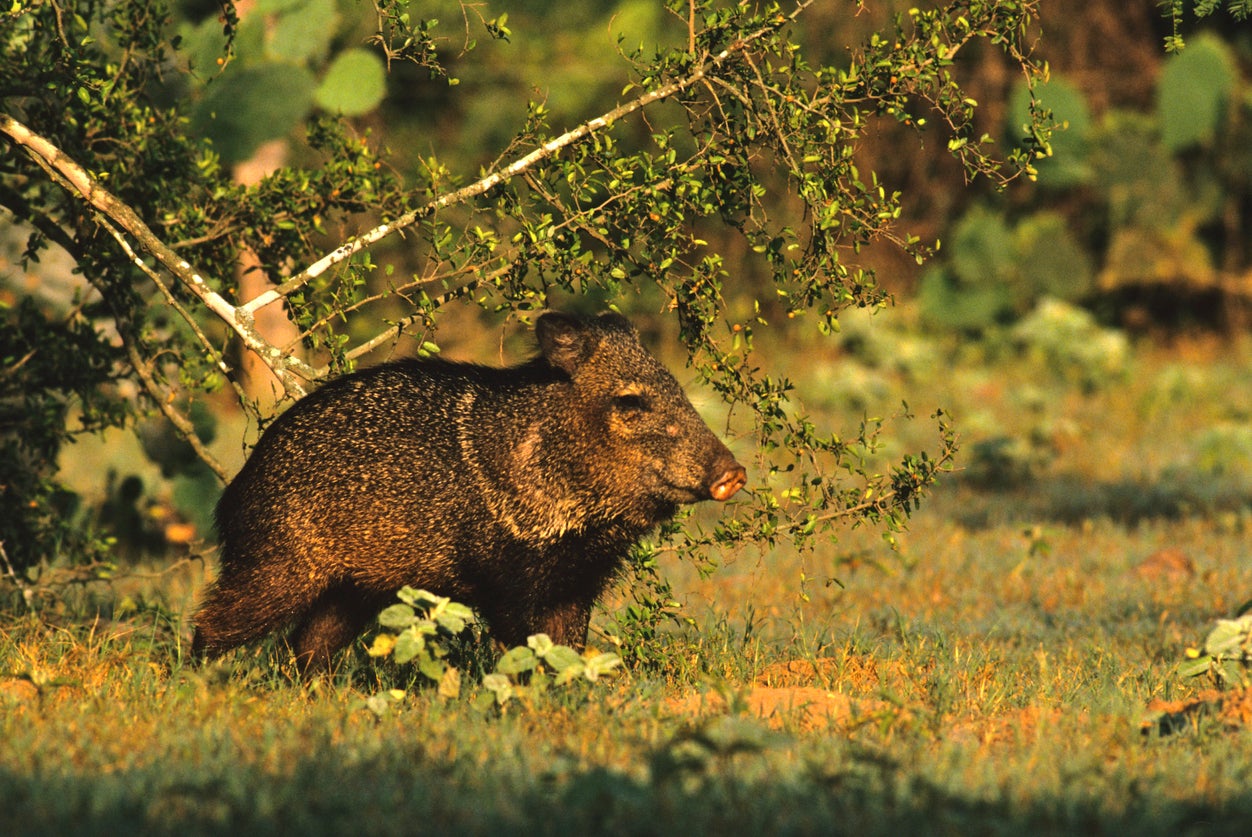Wild Pigs In The Garden – Growing Javelina Proof Plants


If you live in an area where you have wild pigs in the garden, you are likely frustrated and want to get rid of them. One alternative is growing plants javelina will not eat. Take it a step further and grow plants they hate, in order to repel them. You may have better results with other repellants, though.
About Javelina Resistant Plants
There are plants that wild pigs don’t like and even some that repel them. Keep in mind, though, as with deer, if an animal is hungry enough, it will eat anything. So, if you’re in a prolonged drought or experiencing forest fires that are burning out their habitat, it is unlikely that you can keep them totally out of the garden. Be careful around javelina also, as they may harm people and pets when they feel trapped or threatened. And they usually travel in small herds.
Unfortunately, and in some cases, there are no javelina-proof plants. Even the types they don’t like to eat may be rousted from the bed for a drop or two of water. They love slugs and worms that are often in the ground with the plants. Petunias, pansies, and geraniums are on some lists but are known to have been consumed by the wild hogs. Container plantings are not safe. These animals are destructive beyond reason.
While there are lists of javelina-resistant plants available, information indicates they are not always accurate. Some info seems to reveal that they prefer annuals to perennials and container-grown plants to those in the ground.
How to Control Javelina Eating Plants
Coyote urine has worked to deter these animals. A short, electric fence is said to work well to keep them out of the yard and garden. Chicken wire over beds of bulbs, which they love, sometimes keeps them from digging.
Strips of carpet tacks at the bottom of steps can keep them off your porch or deck. The foliar spray "Armadillo Repellent" by BioDefend has been said to be somewhat successful in blocking them from gardens and flower beds.
If you wish, you may try planting repellant plants such as fragrant herbs among growing flowers and fruit trees, as these are supposedly plants javelina will not eat and tend to avoid. Rosemary and lavender are on some of the “won’t eat” lists, as are basil and mint.
Sign up for the Gardening Know How newsletter today and receive a free copy of our e-book "How to Grow Delicious Tomatoes".
Practice good sanitation in your orchard, keeping dropped fruit out of sight from the javelinas. Never feed these animals, as it will encourage them to return.

Becca Badgett was a regular contributor to Gardening Know How for ten years. Co-author of the book How to Grow an EMERGENCY Garden, Becca specializes in succulent and cactus gardening.